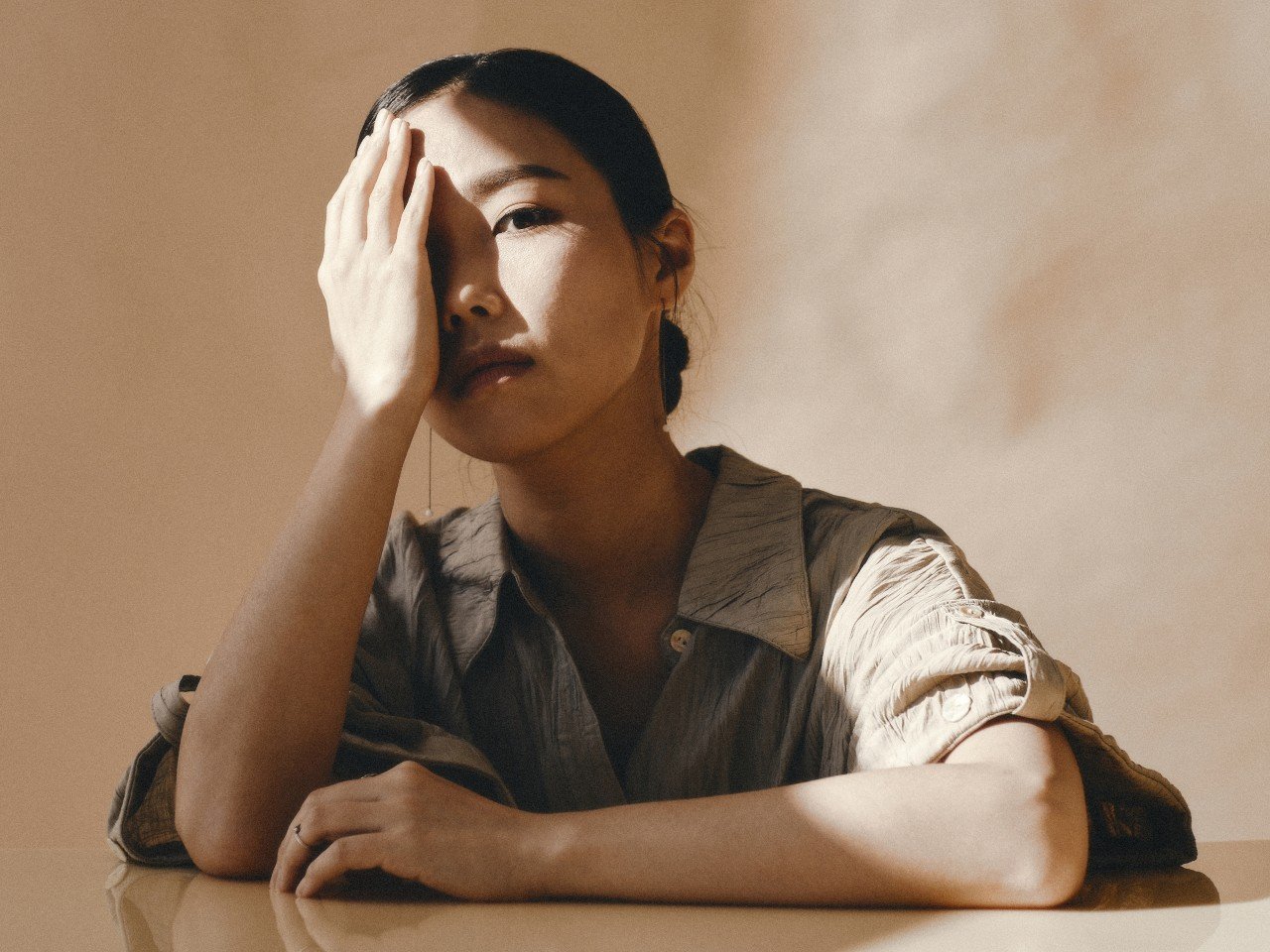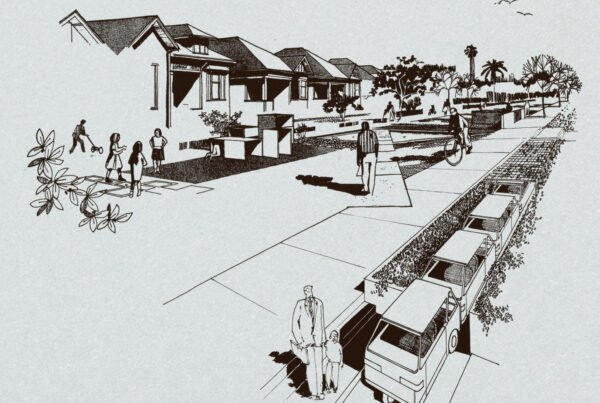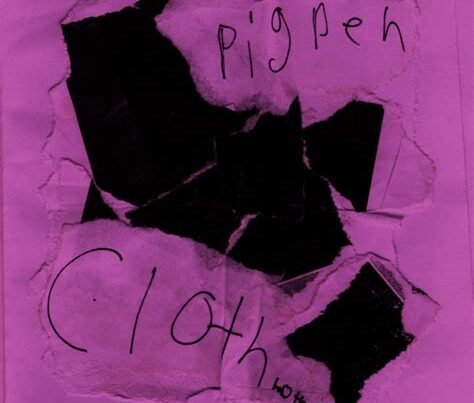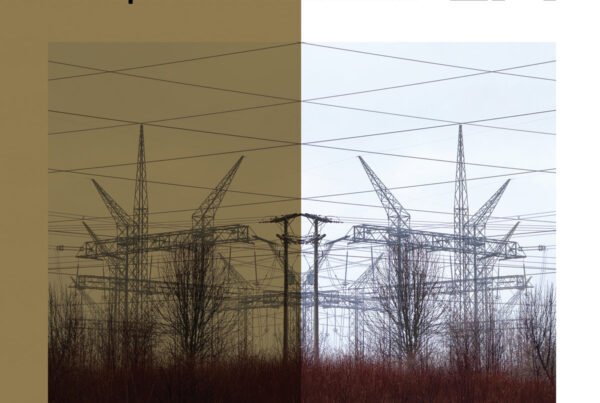South Korean artist Park Jiha wrestles with the meaning of eternity on the masterful All Living Things.
Release date: February 14, 2025 | Glitterbeat | Instagram | Facebook | Bandcamp
‘A musician’s task is not to create sound from nothingness; a true musician understands that music is the primordial state of the universe, the very first world, and silence is a cloak imposed upon this state, and a musician’s job is to create a tear in that cloak to let out the music underneath. We do not create music, we draw it out from underneath the silence.‘
Anton Hur, Toward Eternity
South Korean author Anton Hur‘s 2024 novel Toward Eternity is about living forever and the cost of immortality. Juxtaposed against the very grim reality of death, a veritable army of clones, produced by a giant multinational corporation, strive to rid the planet of its lesser beings. The children of technology thus become the very killers of those who borne them, an act of parricide that forces those who’ve survived to come to grips with a new reality: an Earth largely devoid of life that could not survive in the aftermath of a global nuclear assault, crawling with the offspring of scientific progress. Hur does so in a lyrical, almost minimal style. His language is curt and to the point, but also poignant in its ability to create a shared understanding of the world being played out through the magic of words. Hur’s compatriot Park Jiha does the same thing on her latest release All Living Things; through her simple, profound music, she tears a hole through our cloak of understanding, drawing it out ‘from underneath the silence.’ Indeed, her neo-classical music draws us nearer to understanding the unimaginable, a concept of eternity as a product of eternal change.
Park Jiha‘s music straddles the lines of modern classical, folk, and ambient, a small yet populous speck on the triple Venn diagram. She is a master of many traditional Korean instruments – the double-reeded piri, the mouth organ known as the saenghwang, and the yanggeum, a type of hammered dulcimer that features prominently in her music. The use of these implements of sonic script, so closely bound to the soil of the Korean peninsula, gives Jiha’s deceptively tranquil music an intensity that belies the simplicity of the arrangements. Park Jiha‘s music is a product of the original elements – earth, water, air, and fire. The songs spring from sources that slip and slide in and out of consciousness, creating an almost spiritual journey, even if our bare feet are covered in the very real dirt of the soil beneath.
“First Buds” leads off the album, the softest of landings and the sound of spring. Chimes ring intermittently over the simple five-chord progression. The song is barely there, a burst of pollen in the March winds, ushering in a new beginning. 19th century classical music often delved into the rhythmic cycle of the seasons, and “All Living Things” carries this tradition into the 21st century. There is, however, no bluster to Jiha’s arrangements. The first half of the album projects an understanding of rebirth and a cycle that self-perpetuates on an eternal level. “Grounding,” which follows up on the heels of “First Buds,” has a lingering baroque feel to it, as strings seem to reverberate over the blossoming fields of azalea and forsythia. On some levels, “Grounding” – like many songs on the album – pay homage to the 4AD work of bands like Dead Can Dance, and, to a lesser extent, Clan of Xymox. “Bloom” has the same comforting intensity of Faten Kanaan‘s ambient work, another artist who finds inspiration in the soil beneath her feet.
Park Jiha‘s music creates a soundtrack, as Hur said, for ‘the very first world’. In this sense, All Living Things is an audacious attempt at communicating this understanding. Her music is deep, but instantly accessible and familiar. “A Story of Little Birds”, which closes out the first half of the album, encompasses a simplicity that echoes the dependence of nature, the comfort and resolve that comes with literal expectations: the sun will rise, the seasons will change, leaves will fall and flowers will bloom. And, yes, birds will sing. You can hear the percussive nature of the yanggeum within a jazz-adjacent melody that is countered by another melody drenched in reverb and delay. Many songs on the album are centered around two-chord changes, a creative decision that keeps with the economy of nature.
“Growth Ring” brings the first half of the album to a close. If the narrative of “First Buds”, “Grounding”, “Bloom”, and “A Story of Little Birds” represent the ‘primordial state of the universe’, as Hur so eloquently says, then the second half ushers in the death knell. The first note of the song conjures ominous expectations – the surety of death, the pain of childbirth, and the sorrow of dying. “Growth Ring” finds Jiha at her most theatrical, drawing the music out from beneath the dying embers of the earth. Shamanistic and baleful, the dissonant, colliding notes are the primitive sounds of wails, the howls of wolves, the bitter wind blustering through the pines of Jeju in late November. The interstitial “Blown Leaves” gives the mourner time to breath – three chords of minor dissonance, the gentle exhale that comes from inevitable change. It’s another Faten Kanaan-esque track graced with simple, yet eloquent synth sounds.
If All Living Things lies explicitly within the realm of the seasons, implicitly it revolves around the similar motif of respiration and the repetitive, dependable rhythm of breathing. “Breathe Again” acts as a tool for meditation: locking our lived lives within the rhythm of Gaia. It’s another sparse, deliberately delicate and simple arrangement, the sound of becoming alive, the sprout pushing its way through the undergrowth, a single beam of life wrapped up in photons of light. It’s the electromagnetic spectrum reduced to the smallest nanometer of energy. ‘Breathe,‘ Park Jiha seems to implore. ‘Breathe, breathe, breathe.‘
All good things come to end as they say, even if the cycle of the seasons is forever. “Eternal Path” questions our belief in immortality, be that spiritual or non-theist. The idea of living forever in a space beyond the clouds or within the atoms of the Earth is at the core of the human experience, and like Anton Hur and other science-fiction writers who grapple with the biggest of questions, Park Jiha attempts to convey this fascination within her music. It’s a process that’s been repeated for billions of years, and life has continued to evolve along this eternal path. The song is an apt companion – dare I say ‘soundtrack’ – for Hur’s novel. It’s a Korean sensibility borne of minimalism and worth, of knowing what we can know and accepting that which we can never know. There are moments on the song where you can hear Jiha’s vocals deep within the background, a shockingly human touch to an album that seems to view us as just another extension of Gaia’s imperishable breath.
The power of All Living Things is that Park Jiha has managed to strip our human existence of all the external noise and dissonance that causes us to lose touch with the role we play – not just as stewards of the planet, but as integral parts of the planet. Like the DNA that determines the formation of the proteins that compose our cells, each of us on this planet play a definitive part in how the Earth pulsates with the never-ending energy of life. Perhaps if we could rid ourselves of the saber-rattling and spittle-riddled diatribes of self-righteous men, we’d be able to understand that the moist soil beneath our feet is as just a part of us as the hearts that continually beat inside our chests. In this sense, All Living Things is a small triumph, a way of tearing a small hole in the cloak of silence that Anton Hur mentioned in Toward Eternity. And if we listen close enough, we may just be able to extend our eternity a little bit further.






